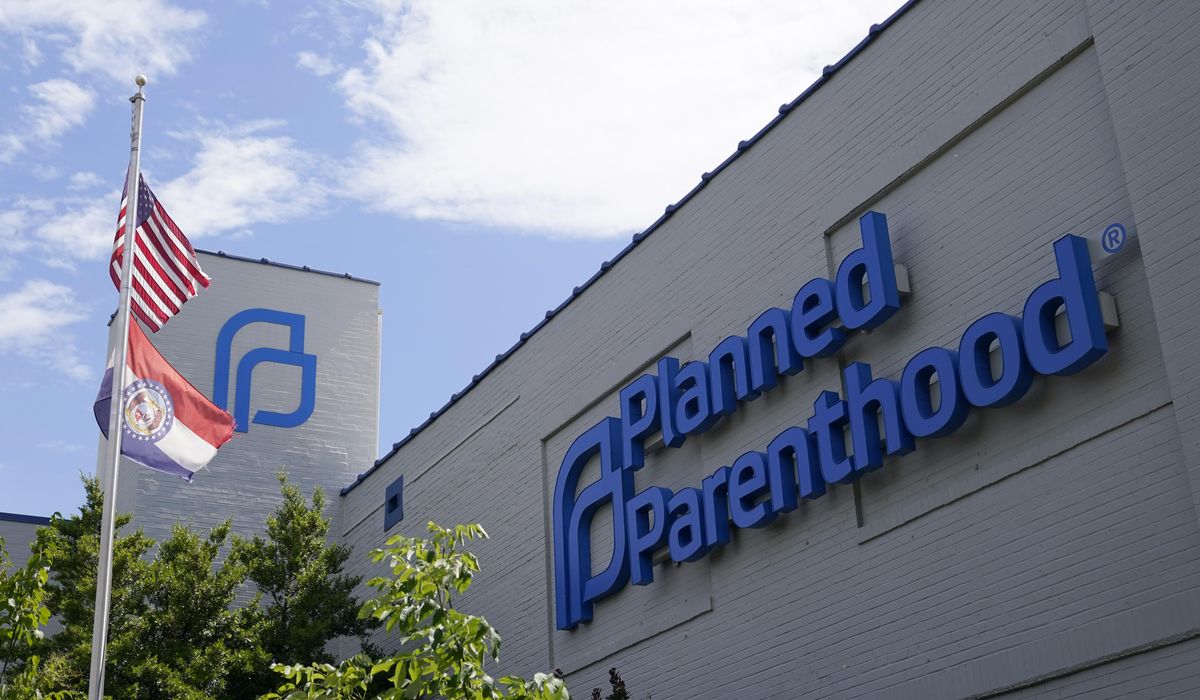


Don’t miss the full story from our staff writers, whose reportage is the basis of this article.
The Supreme Court delivered a significant 6-3 ruling on Thursday that upheld South Carolina’s law preventing state Medicaid patients from using Planned Parenthood for their healthcare services. The decision effectively blocks similar lawsuits challenging state restrictions on abortion providers under the federal Medicaid program.
Justice Neil Gorsuch, writing for the Republican-appointed majority, determined that while the federal Medicaid Act requires recipients to choose their healthcare providers, this right cannot be privately enforced through lawsuits. The court ruled that Medicaid represents a contract between federal and state governments, making enforcement the responsibility of Congress and the executive branch rather than individual providers or beneficiaries.
The ruling overturns a lower court decision that had sided with Planned Parenthood South Atlantic and a Medicaid client who challenged South Carolina’s 2018 restriction. The state had argued that allowing Medicaid funding for non-abortion services at Planned Parenthood indirectly subsidized the organization’s abortion operations, despite existing federal restrictions under the Hyde Amendment that already limit abortion funding except in cases of rape, incest, or threats to maternal life.
Justice Ketanji Brown Jackson authored a dissenting opinion joined by the three Democratic appointees, arguing that the majority decision undermined civil rights protections dating back to the Civil Rights Act of 1871. She emphasized that choosing healthcare providers constitutes a fundamental civil right that should be privately enforceable.
The decision has significant implications beyond South Carolina, potentially clearing the path for other states to implement similar Medicaid restrictions against Planned Parenthood. The organization currently accounts for approximately 40% of abortions performed annually in the United States and operates numerous women’s health clinics nationwide.
Republican lawmakers have seized on the ruling as validation of their broader efforts to limit federal funding for abortion providers. The Republican-controlled House has already voted to defund Planned Parenthood this year, and similar language appears in the proposed One Big Beautiful Bill Act that would impose nationwide restrictions tracking South Carolina’s approach.
Pro-choice advocates condemned the decision, with the Center for Reproductive Rights arguing it prioritizes ideology over patient care and medical necessity. Conversely, pro-life organizations celebrated the ruling as preventing taxpayer subsidization of abortion services.
South Carolina Attorney General Alan Wilson praised the decision as affirming state authority over Medicaid program administration, rejecting what he characterized as Planned Parenthood’s “radical agenda.” The case, Medina v. Planned Parenthood South Atlantic, represents the final major reproductive rights ruling of the Supreme Court’s current term.
Read more: Supreme Court rules states can cut Medicaid funds from going to Planned Parenthood
This article is written with the assistance of generative artificial intelligence based solely on Washington Times original reporting and wire services. For more information, please read our AI policy or contact Ann Wog, Managing Editor for Digital, at awog@washingtontimes.com
The Washington Times AI Ethics Newsroom Committee can be reached at aispotlight@washingtontimes.com.
